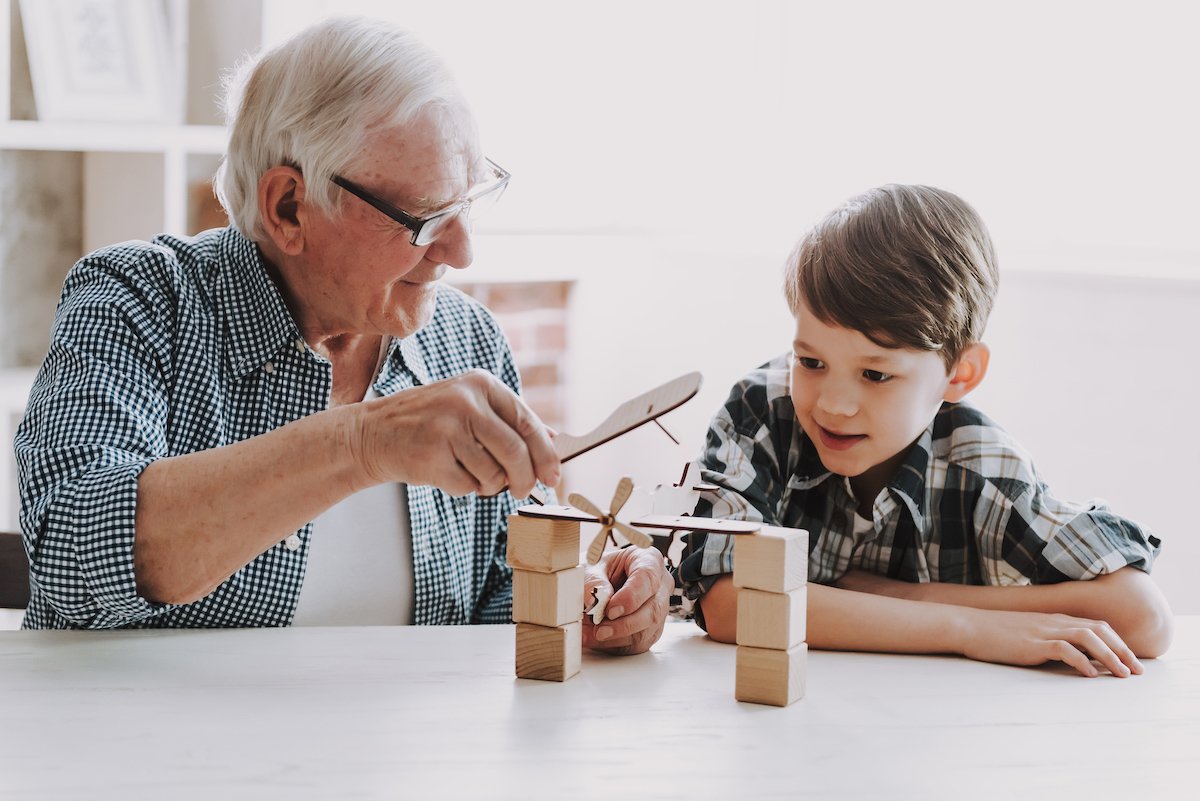Learning from the littlies
Being called childish isn’t usually a compliment, however there are many things we can learn from children. Here are some important life lessons that they can teach us (or remind us of).
No dream is too big
Think back to the earliest memory you have of being asked what you’d like to be when you grow up. It’s likely your answer was a bit out of the ordinary – perhaps you even wanted to be a dinosaur or a princess! When kids answer this question, their imaginations run wild and they don’t stop to think of feasible career pathways to their goal. For them, no dream is too big (even ones not grounded in reality).
While being realistic is an important life skill, as we grow up we can lose the knack of dreaming big. We can talk ourselves down by thinking that our dreams aren’t possible or that they’ll take too much hard work to achieve.
Playing it safe and not challenging limiting beliefs can keep us in a place of dissatisfaction. So whether you want to climb the career ladder, try your hand at a new hobby or go off on an adventure, channel your inner-child – let yourself believe that these dreams are possible and start fearlessly working towards them.
Don’t be afraid to ask for help
Children are encouraged to ask questions and seek help from adults when they need it. You may have had no issues putting your hand up in class, but as an adult you’re hesitant to reach out for assistance.
Research paper ‘Why Didn’t You Just Ask?’ (published in the Journal of Experimental Social Psychology) explains that “even a minor request can invite rejection, expose inadequacies, and make a help-seeker feel shy, embarrassed, and self-conscious.”i
Perhaps you could do with career advice or need help with a more personal matter. Moving beyond a tentativeness to ask for assistance will help you feel more supported and capable, so ask away. Remember, all of us need a helping hand from time to time.
We’re not that different from each other
When you watch children interact, you’ll often notice how willing they are to make new friends and interact with each other. They might be poles apart in terms of their personalities and backgrounds, yet they tend to find common ground and band together to play.
Adult relationships tend to be more complicated. However, approaching people and situations with an open mind can bring you in contact with a diverse range of views and experiences.
Look beyond your differences and remember you all share the human experience. You may find yourself establishing great friendships and partnerships you otherwise would have missed out on.
It’s great to try new things
Kids are constantly exposed to new experiences as they grow and are generally pretty enthusiastic about trying something they haven’t done before. Yet as we grow older, we become more set in our ways and can be reticent to feel like a beginner again.
Trying new things is a fantastic way to challenge yourself and build your confidence. It can also help you recognise strengths you never knew you had and also pinpoint what you’d like to work on.
Don’t worry what others think
If you’ve heard the quote that begins with “You’ve gotta dance like there’s nobody watching …” (William W. Purkey), you’ll know that as adults it helps to be reminded its ok to let loose.
As our self-awareness and understanding of social conventions (where dancing in public can be looked upon as a tad eccentric!) grows, we can also lose the ability to block out other people’s opinions. Enjoying yourself without worrying about how you’re coming across is something kids excel at and adults can struggle with.
While you don’t have to take to tap dancing in the streets, simply letting yourself have fun and not being in ‘serious mode’ all the time can be very energising and uplifting. It’s a fantastic way to feel like a kid again!
So, channel and nurture your inner child – don’t be afraid to dream big and be open to new experiences and soon you’ll be viewing the world with the wonder and wide-eyed enthusiasm of a child.
i http://francisflynn.org/wp-content/uploads/2010/03/JESP2010-2.pdf







